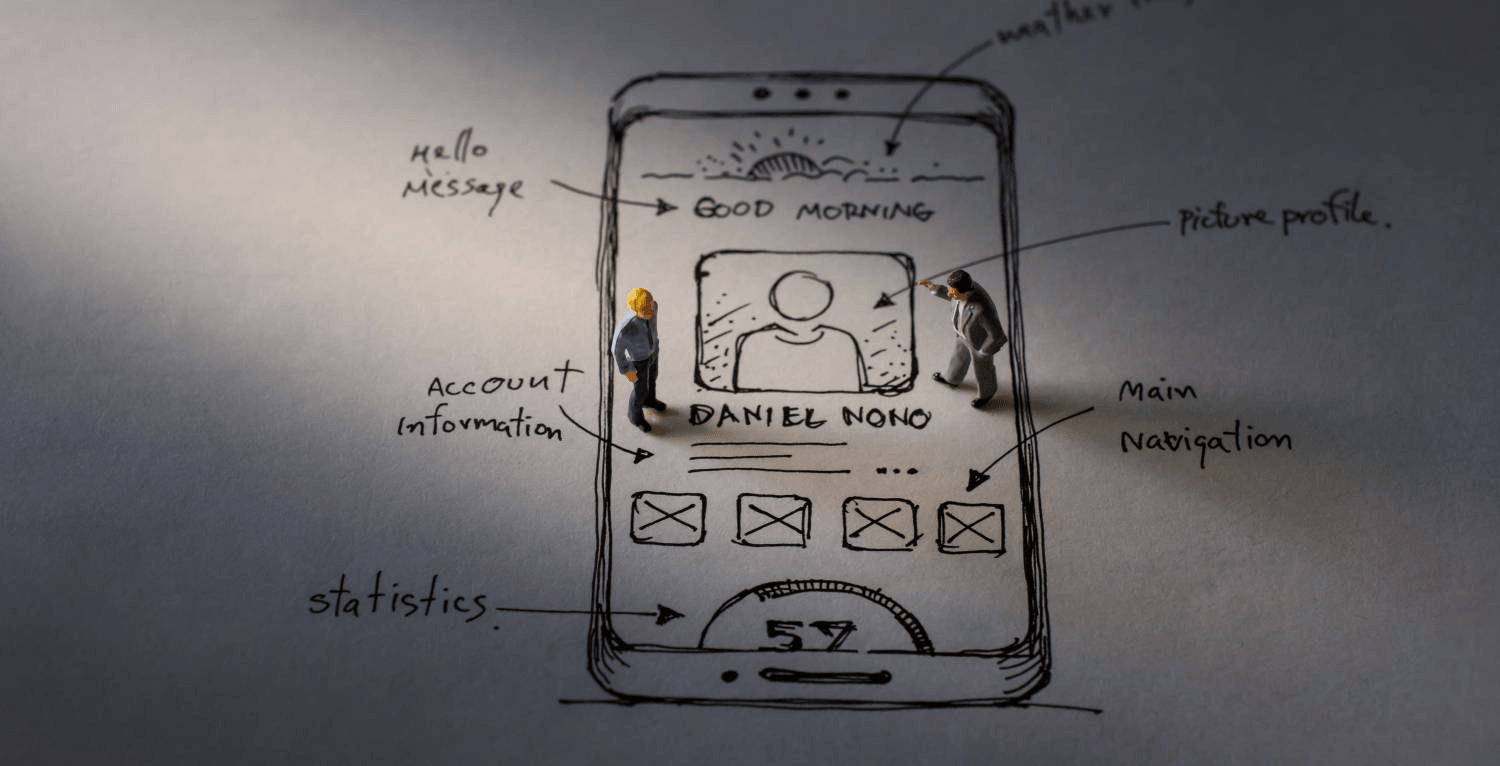This blog entry is grim, but I believe very little has been said in the language industry about the effects of a possible pandemic. I have always felt that the virus – just like SARS, ebola, swine flu or any other that occurred over the last decade or two – has affected remote regions, and the first announcements about the coronavirus in China made many of us, except the Chinese LSPs, feel distant. However, after the outbreak in northern Italy, the possibility of Europeans getting sick has escalated.
I am not necessarily within a risk group, as I am in my early forties and do not have any severe medical condition, however, the spread of the virus could prevent me and those who I frequent regularly from working together for a while.
Fortunately, BeLazy is set up as a virtual company: colleagues chat, plan and execute work using online tools without the need to meet in person. All our systems are online and BeLazy’s service would continue to work for weeks even if we could not carry out development tasks.
Due to the current circumstances, it looks like companies who were opposing remote work – also called smart work or simply work from home – have now reconsidered their stance. Because remote work is mostly driven by computer networks, having secure access to online company resources is fundamental. Not surprisingly, it appears that those companies that never considered the option of remote working are at a higher risk of a lack of continuity in their business.
Traditionally, the service industry, which is another name for the language industry, has faced the challenge of capacity planning and delivery. The truth is that services, even when commoditized, are far more difficult to scale up than say computer software. Scaling up services requires automating workflows, that is why I believe that the outbreak of the coronavirus pandemic will naturally guide purchasers of services towards those companies that have invested extensively in automation.
I will always remember a story that took place when I used to work for memoQ. Back in the early 2010s, when the business had its initial glory years, we decided to hold a company meeting for all the employees in Málaga. People flew to Spain from Germany, Portugal, Hungary, France, Poland, and other countries for 3 days of intensive team building. Unfortunately, one of the Hungarian girls arrived with a pretty bad virus and got sick during the second day of the summit — by the time she had already infected most of the company, including myself. Nobody could initially tell who was going to fall out the next day and we had to operate the business for two weeks at half capacity. The week after the meeting, I had a roadshow scheduled in Finland, Sweden, and Denmark and I had to do my presentations getting temporary relief from ibuprofen and wearing a mask. While the company managed to weather the storm, it was a really hard time for those lucky healthy ones who were indeed able to work.
This past experience plus the recent events regarding coronavirus make me believe that companies need to carefully assess risks and act accordingly. From our perspective, the good news is that it drives the business automation agenda — though we would sincerely prefer it if something else were triggering it instead. If you have to work in an office or need to travel much, think about the different way on how your work can be done faster (in case a colleague falls out or you fall out), how you would inform your customers, and what other temporary solutions could you offer them.
If you feel you don’t know how to prepare for such a challenge, give us a call, and we’ll try to give you the best-personalized advice we can!
I will always remember a story that took place when I used to work for memoQ. Back in the early 2010s, when the business had its initial glory years, we decided to hold a company meeting for all the employees in Málaga. People flew to Spain from Germany, Portugal, Hungary, France, Poland, and other countries for 3 days of intensive team building. Unfortunately, one of the Hungarian girls arrived with a pretty bad virus and got sick during the second day of the summit — by the time she had already infected most of the company, including myself. Nobody could initially tell who was going to fall out the next day and we had to operate the business for two weeks at half capacity. The week after the meeting, I had a roadshow scheduled in Finland, Sweden, and Denmark and I had to do my presentations getting temporary relief from ibuprofen and wearing a mask. While the company managed to weather the storm, it was a really hard time for those lucky healthy ones who were indeed able to work.
This past experience plus the recent events regarding coronavirus make me believe that companies need to carefully assess risks and act accordingly. From our perspective, the good news is that it drives the business automation agenda — though we would sincerely prefer it if something else were triggering it instead. If you have to work in an office or need to travel much, think about the different way on how your work can be done faster (in case a colleague falls out or you fall out), how you would inform your customers, and what other temporary solutions could you offer them.
If you feel you don’t know how to prepare for such a challenge, give us a call, and we’ll try to give you the best-personalized advice we can!







